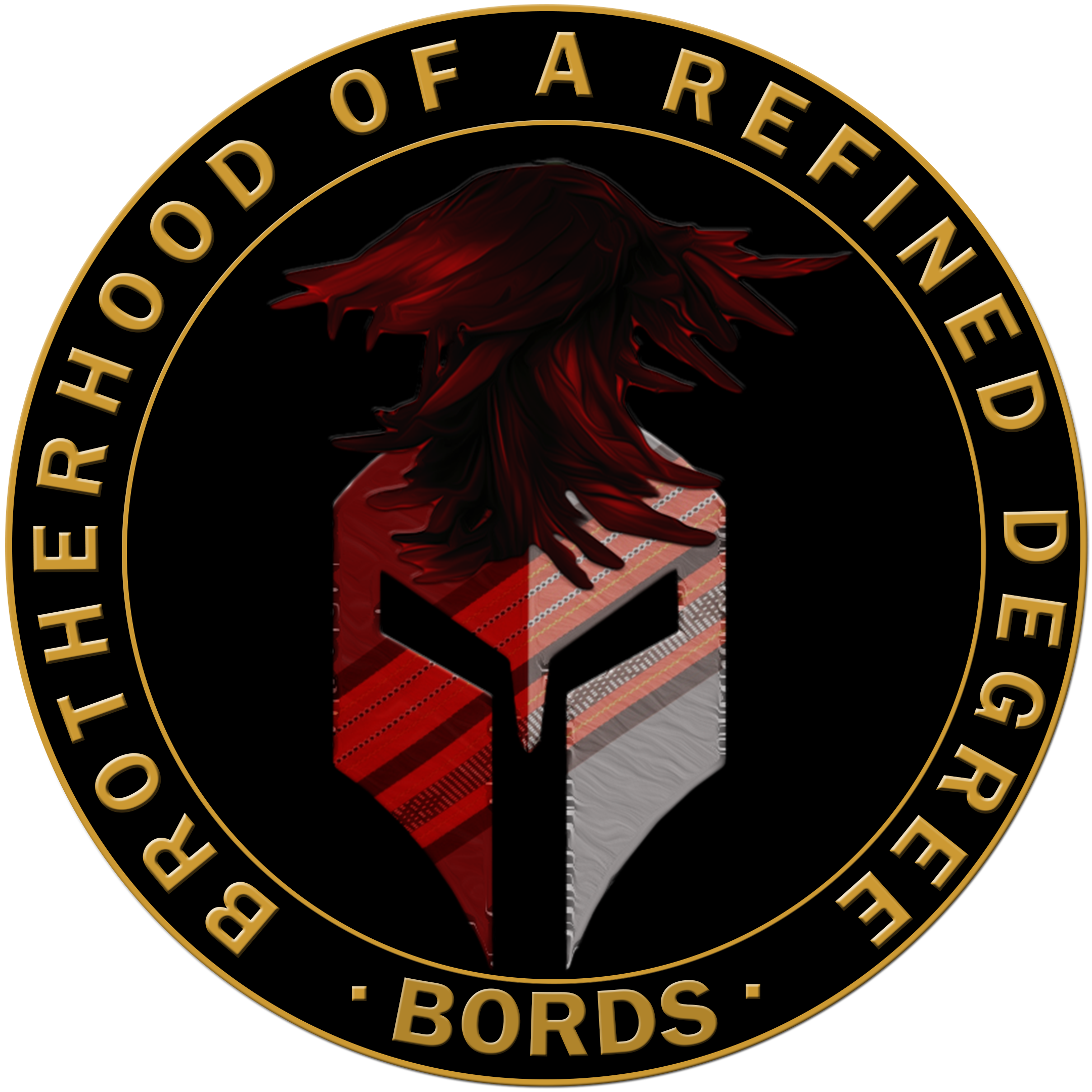By: Lakan Ranie P. Hachuela (Bugle Call, 2009)
The “Breaking Period” was like being in an epic war. They fought against themselves to hold on and not to quit. Without their dreams, determination, ideals, and faith, they would have given up easily, but they are getting ahead of their class history.
It all started on June 1, 1995, when physically and mentally capable male and female applicants were gathered on the parade grounds of the Philippine National Police Academy. A total of 269 individuals from different regions stood ready for their oath-taking. As instructed, they brought nothing except the clothes on their backs and their loved ones to witness their Reception Rites. The breeze carried the muffled voices that shouted, “Take Charge!” That was the last thing they remembered before the thunder began. The Corps’ voices roared like a hundred Grecian gods. They were overwhelmed; their bodies were tested to the limit—so was their determination.
After the ceremony, they caught one last glimpse of their loved ones, knowing it would be a long time before they would see them again.
Their upperclassmen were their conquerors, rulers, tormentors, prosecutors, and executioners. They played their role well with strict standards.
The M-14 rifle was an integral part of their plebehood, their constant companion from dusk till dawn. Though they despised its weight, they endured it. Over time, their arms grew accustomed to its heft after countless hours of field exercises. Their feet became calloused from their heavy combat shoes, and their cotton gloves made carrying the M-14 even more difficult.
Their family could not distinguish them from the other cadets as they wore their gala uniform on Incorporation Day on September 8, 1995. In a daring display with their upperclassmen at the opposite side of the field, they matched their skills in handling M-14s. They were in cadence, both in appearance and in action. After the ceremonies, they changed into their maroon office uniforms. It was then that they saw tears in their loved ones’ eyes, witnessing the drastic physical transformation brought about by the “Breaking Period.”
Now they belonged to a unit, to a squad in a platoon, a company in the Cadet Corps with standards to maintain, traditions to perform, and upperclassmen to please. The end of each day was something to be grateful for, yet the day never truly ended with TAPS—it was always a long night.
Life went on in their small world. What they used to despise became effortless. As Incorporated plebes, they learned to accept the realities like “kamalasan” (or bad luck), take life mase-mase, reporting and countdown. It was a life without privilege.
As time passed, they were plebes no longer. Investiture gave them new roles and responsibilities in the Cadet Corps. Each of them earned the recognition of their upperclassmen, and all of them were truly Kapanalig at all times.
New companies were born—the Golf and Hawk Company—composed of selected First Class Cadets from Alpha and Foxtrot Company. Plebemates went off to their new barracks as kings. Along the way, many sacrifices were made for the love of the Corps.
On April 25, 1997, they finally graduated. Today, the Kapanalig Class of 1997 boasts of commendable police, fire, and jail officers that are still bound by the same ideals shaped within the august halls of the Academy.



The KAPANALIG Class of 1997 had 185 graduates and produced 3 star-rank officers across the tri-bureau, 2 of whom are still active in service, with 175 original members still living.
Source:
PNPAAAI Records
Philippine National Police Academy






